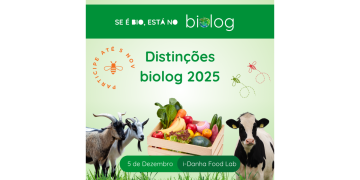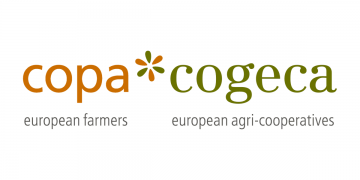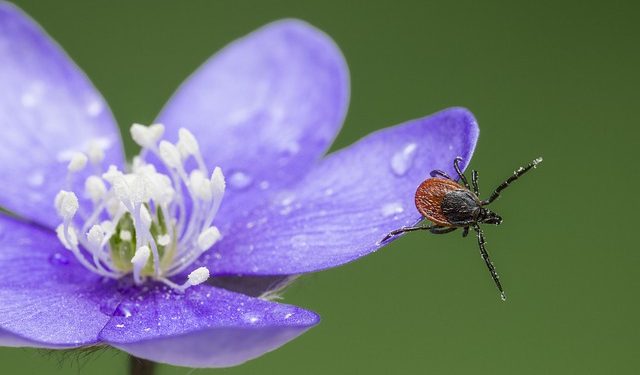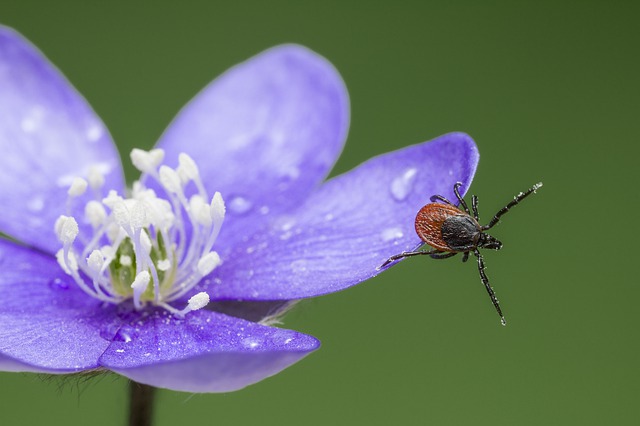Scientists in Uganda will soon start clinical trials for a recombinant anti-tick vaccine they hope can stop parasites in cattle and the use of dangerous chemical pesticides in Africa.
Over the years, African farmers have used pesticides known as acaricides to control the ticks. But the parasites are increasingly becoming resistant to most of the available acaricides on the continent, reducing their effectiveness.
Additionally, the overuse and misuse of acardices can cause health problems in humans and harm beneficial insects.
Now researchers in Kenya and Uganda are hoping to find alternatives to chemical pesticides, including plant-based repellants and vaccines produced through genetic engineering.
Researchers in Uganda used the baculovirus expression system to isolate genes (Ra86 gut protein) from local Rhipicephalus appendiculatusticks that spread the deadly East Coast Fever (ECF) in cattle. Later, they synthesised the genes with yeast to formulate the vaccine.
They evaluated the experimental vaccine — known as TicVac-U — in mice, rabbits and cattle for safety, immunogenicity and effectiveness. Researchers determined the vaccine is safe.
“It caused no temperature rise or any adverse effects on the immunized animals,” said Dr. Margaret Saimo-Kahwa, lead researcher and senior lecturer at the College of Veterinary Medicine, Animal Resources and Biosecurity at Makerere University.
They found it also protected the bovines against R. appendiculatus and R. decoloratus tick species by 86 percent and 53 percent, respectively, she said.
“The vaccine elicited an immune response that made it harder for ticks to survive on the livestock,” Saimo-Kahwa said.
Now, the scientists will test the experimental vaccine at a 300-acre livestock farm at Ngoma, in central Uganda, before they can determine whether to make it available to farmers.
Meanwhile, scientists at the International Livestock Research Institute (ILRI) in Kenya are working with partners across Africa to develop new vaccines for tick-borne diseases (TBDs) such as heartwater, which attacks sheep and goats.
ILRI scientists are also developing point-of-care diagnostics that can help farmers detect acaricide resistance early. They are also testing plant extracts as alternatives to chemical acaricides.
“With the emergence of acaricide resistance in many tick populations in the region, we have to think of new solutions to stop these ticks,” said Dr. Naftaly Githaka, who leads ILRI’s research on ticks and TBDs. “These new technologies have potential to reduce ticks and the amount of acaricides required to control ticks on animals.”
Specifically, anti-tick vaccines can lessen the challenge of ticks because they reduce the number of eggs a tick lays, subsequently reducing the number of ticks in the pasture, he explained.
Livestock is an important source of protein in Africa and contributes about 35 percent of agricultural GDP on the continent. But ticks, including R. appendiculatus, Amblyomma variegatum (which spreads heartwater) and Boophilus decoloratus and Boophilus microplus, which transmit both babesiosis and anaplasmosis, devastate the animals.
Every year ticks and TBDs cause cattle wasting and deaths, resulting in animals suffering and economic losses in excess of $500 million on the continent.
For instance, ECF alone kills more than one million cattle annually, affecting thousands of smallholder farmers in Africa. Treatment of the disease costs about $100 per animal.
“Ticks are nasty ectoparasites that suck copious amounts of blood from their animal hosts leading to weight loss, irritation, deep wounds, tick worry in famers and of course disease transmission,” said Githaka.
The parasites can also spread human-tick-borne viruses such as Crimean-Congo hemorrhagic fever virus (CCHFV).
Githaka said the rise of acaricide resistance in Africa is mainly due to farmer misuse of these chemicals including, under-dosing, more frequent acaricide application than is necessary, poor chemical mixing, failure to rotate in other tick repellants when resistance is noticed and, in many cases, use of inferior products and counterfeits.
The region also lacks sufficient technical capacity to monitor tick resistance and advise farmers accordingly, he said.
This has implications.
As available tick control products lose efficacy, farmers are intensifying their use of the products to achieve some level of tick management. For instance, Uganda uses 378,000 litres of acaricides per year and another 83,000 litres of various drugs to control TBDs.
But accumulation of acaricide residuals in milk and meat can cause food poisoning and affect human health. And since acaricides are basically insecticides, their use can also harm useful arthropods like bees, butterflies and moths and affect environmental health, Githaka said.
The researchers say anti-tick vaccines can control tick species in Africa, especially R. appendiculatus and R. decoloratus, and reduce TBDs and acaricide usage.
“The use of tick vaccines in cattle to control ticks has successfully been implemented in Cuba, Mexico and Latin America for the past two decades,” said Frank Tumwebaze, minister of Agriculture, Animal Industry and Fisheries in Uganda.
“These countries have reduced their tick population by 80 percent and use of acaricides by 60 percent. They have also been able to control TBDs such as babesiosis and anaplasmosis,” he noted.
Saimo-Kahwa said the anti-tick vaccine induces antibodies that basically fight off the ticks. Depending on the amounts of antibodies generated, ticks may not lay eggs, feed to fullness and die. Even if they lay eggs, the eggs may not hatch. If they hatch, the larvae may not survive, she said.
The researcher said they were partnering with the pharmaceutical company Alfasan Uganda Ltd. to accelerate development of their vaccine candidate.
The scientists have already applied for a license from the local National Drug Authority to perform the clinical trials. They will conclude the tests by end of the year and farmers should be able to access the vaccine by 2023.
Saimo-Kahwa said the vaccine would be available to farmers in the rest of East Africa and beyond when approved.
In the meantime, Githaka encouraged farmers to use available eco-friendly anti-parasite vaccines, such as serums against ECF, to stop ticks.
“If an animal is protected against ECF, there is no need to spray the few ticks visible on it especially during the dry seasons,” he said.
Farmers could also use entomopathogenic fungi formulations, which are safe in both animals and humans and eco-friendly, to spray the ticks, Githaka said.
Farmers could also improve feed quality and quantity to make animals more resistant to tick infestation.
Improved pasture management could also reduce tick populations and the need for frequent acaricide application. This involves leaving some paddocks out of use for six months so immature ticks can die off.
By John Agaba
O artigo foi publicado originalmente em Cornell Alliance for Science.


















































